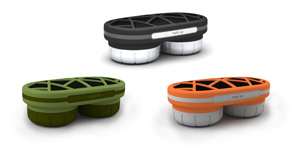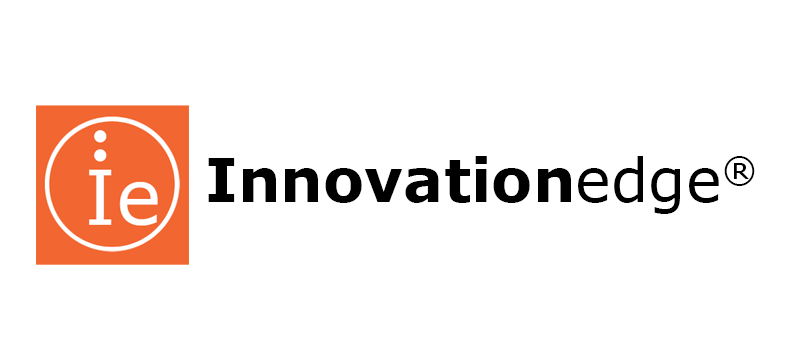When an earthquake shook Haiti’s capital Port au Prince in January, communicating by cell phone was impossible. The cell towers high in the hills of the capital city that covered most of the island nation became inoperable. But a new palm-sized fuel cell that turns water into electricity might be a game changer in developing nations and disaster areas.
 About a billion people in emerging countries have cell coverage, and those people could communicate via mobile phone very inexpensively in the near future—without the need for electricity.
About a billion people in emerging countries have cell coverage, and those people could communicate via mobile phone very inexpensively in the near future—without the need for electricity.
A new device called the H3 charger is promising on-the-go charging even when you are away from a wall outlet. You can read about the H3 here and here.
Innovators at Stockholm-based myFC, came up with the H3 charger, which relies on portable fuel cells. I checked out their web site, and was impressed to learn the company was awarded as one of the top ten fastest growing clean tech companies in Europe at the Cleantech Connect Awards in November. (Cleantech Connect brings together Europe’s’ leaders in the clean and green technology space, recognizing growth and innovation in the sector.)
The H3 charger is nearing commercial release in Scandinavia this year and will eventually make its way to the U.S. next year. The price tag is around $40 to $50, and is about the size of a sandwich.
So if you are planning a wilderness trek next year, you’ll need some water, the charger and a few small tea bag-sized fuel packets containing hydrogen fuel. Then simply pour water into the reaction chamber, add the packet and wait for the chemical reaction between the water and the fuel pellets.
